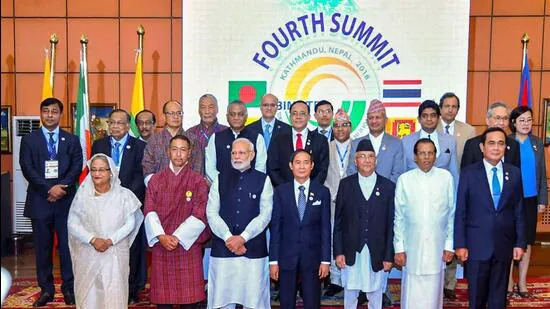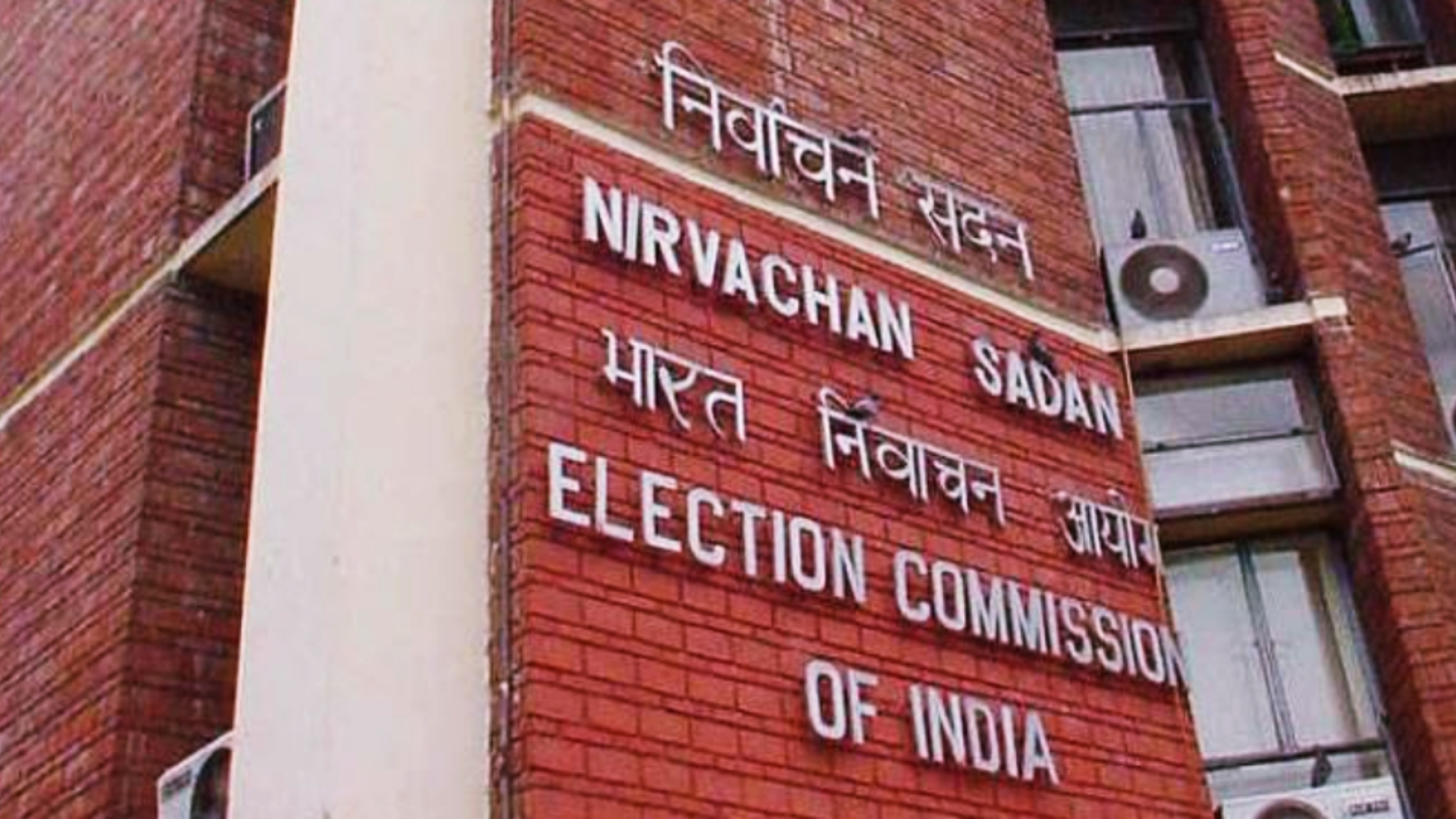










The Bay of Bengal Initiative for Multi-Sectoral Technical and Economic Cooperation (BIMSTEC) is poised to adopt a charter and a plan for connectivity at the summit, which will be hosted by Sri Lanka on March 30, signalling the organization’s continued departure from Saarc.
The BIMSTEC charter, which will strengthen the group’s cohesion and include Bangladesh, Bhutan, India, Myanmar, Nepal, Sri Lanka, and Thailand, is anticipated to be signed during the virtual summit. According to persons familiar with the situation, the BIMSTEC master plan for transportation connectivity is also anticipated to be endorsed during the meeting.
Senior officials from BIMSTEC countries will meet in person on March 28 in Colombo, while foreign ministers from all member countries, save Myanmar, will meet on March 29. The foreign minister of Myanmar will take part digitally. The summit on March 30 will be entirely virtual, owing to member countries’ worries over the situation in Myanmar following last year’s military coup.
The summit is being held digitally because some member countries, notably India, were hesitant to share a platform with Myanmar’s government, which has showed no indications of restoring democracy to the nation. According to the sources, Sri Lanka was interested in holding an in-person conference, but the concept was scrapped due to this issue.
The BIMSTEC transport connectivity master plan is a concept for executing multimodal connectivity projects to increase regional integration. It will try to link maritime routes with road transit to convey people and goods.
For India, the emphasis on BIMSTEC signals a departure from the South Asian Association for Regional Cooperation (Saarc), which has essentially died due to disputes between New Delhi and Islamabad. Saarc operates entirely on consensus and has not met since 2016, when India opted not to attend a summit in Islamabad due to terrorism-related concerns following an incident in Uri blamed on Pakistan-based militants.
With progress on several important Saarc initiatives stalled due to the deterioration of ties with Pakistan, India began focusing on other regional organisations such as BIMSTEC and the Indian Ocean Rim Association (IORA). This attention has been heightened since the Taliban took power in Afghanistan, another member of Saarc, last year.









